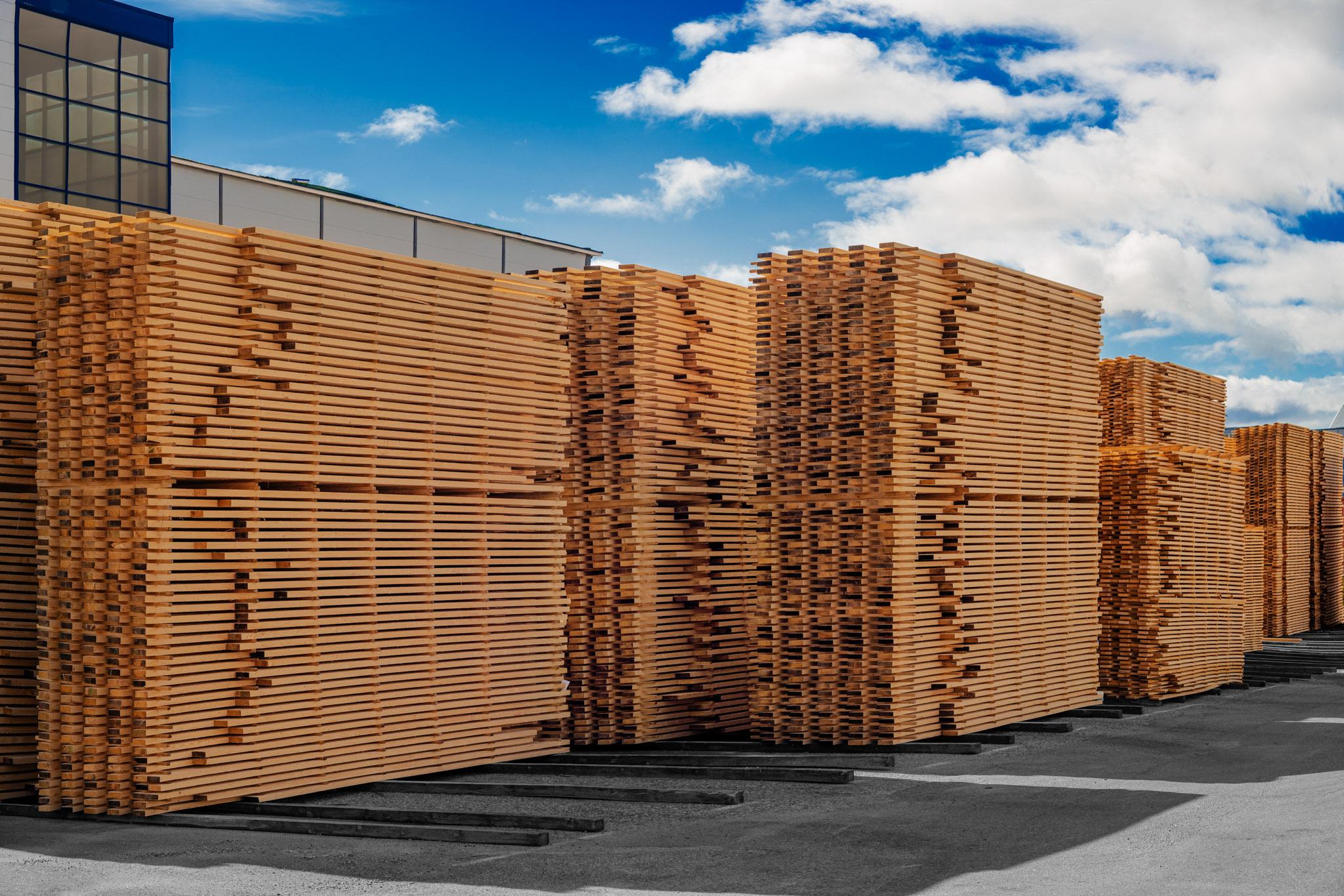At the end of 2022, Koskisen’s structural timber was granted JAS 600 certification, which will enable the sale of new products in Japan. In order to retain the certification, the company has committed to continuous quality control.
The Japanese Agricultural Standard (JAS) established by the Minister of Agriculture, Forestry and Fisheries is used, for instance, in food products, organic products and forest industry products. There are altogether 12 forestry product standards, e.g. for logs, plywood and sawn timber.
“JAS is a way of showing that a product meets the criteria set by Japan,” says Koskisen’s Export Manager Juha Virmiala. “In timber it is used, for instance, in dimensioning and provides guidelines for planning,” he adds.
The certification process was initiated at Koskisen in spring 2022, and in October the US inspection agency Timber Product Inspection TP granted the certification. An essential part of the process is the company’s quality manual, which describes the qualifications of the production employees, the tools used in production, and quality control, among other things. As a result, the planing mill’s measurement equipment was calibrated, and personnel took part in a full day of training organised by the inspection agency.
“JAS is based on US strength grading rule number two. Seeing as we previously made small volumes of products for the US market, we already had some experience with it,” says Jere Kylökäs, Production Planner at Koskisen’s planing mill and head of quality control.
Virmiala was responsible for the quality manual and for preparing the certification application. JAS at its core is like visual strength grading, which sets certain requirements, e.g. for knot size, dimensional deviations and discoloration.
“Japanese buildings feature a lot of visible wood surfaces, and the visual aspect is important in both structures and finishes. The Japanese are big fans of light Finnish wood raw material, and JAS ensures that other visual quality requirements are also met,” says Virmiala.
Piece by piece
Quality control is an important part of retaining certification. In addition to annual inspections by an external auditor, the company must commit to internal quality control. Besides regularly inspecting the planing mill’s measurement equipment and preparing protocol on the inspection, the finished products are randomly inspected every 20 days. One or two batches may be inspected per day, and it takes roughly two hours to inspect one product.
“We take 200 pieces of wood out of the packages, go through them piece by piece to see if the quality measures up to the requirements in the manual,” explains Kylökäs.
A total of six products fall within the scope of certification, and each one undergoes an inspection. Currently two employees are responsible for internal quality control, in addition to which a third person takes part in the inspections for learning purposes.
“Hardly any other product is inspected so thoroughly. My eye is now already trained to notice planing deviations and whether the settings need adjusting,” says Kylökäs.
From a production perspective, quality control related to certification is quite laborious, but Virmiala nevertheless believes that JAS will boost Koskisen’s sales opportunities in Japan.
“Previously, we mainly imported Genban products and certain planed products, but now we can import products that we wouldn’t have been able to sell without JAS,” Virmiala concludes.
More information:

Juha Virmiala
Export Manager
Market areas: India, Ireland, Japan, Philippines, South Africa, United Kingdom, USA
